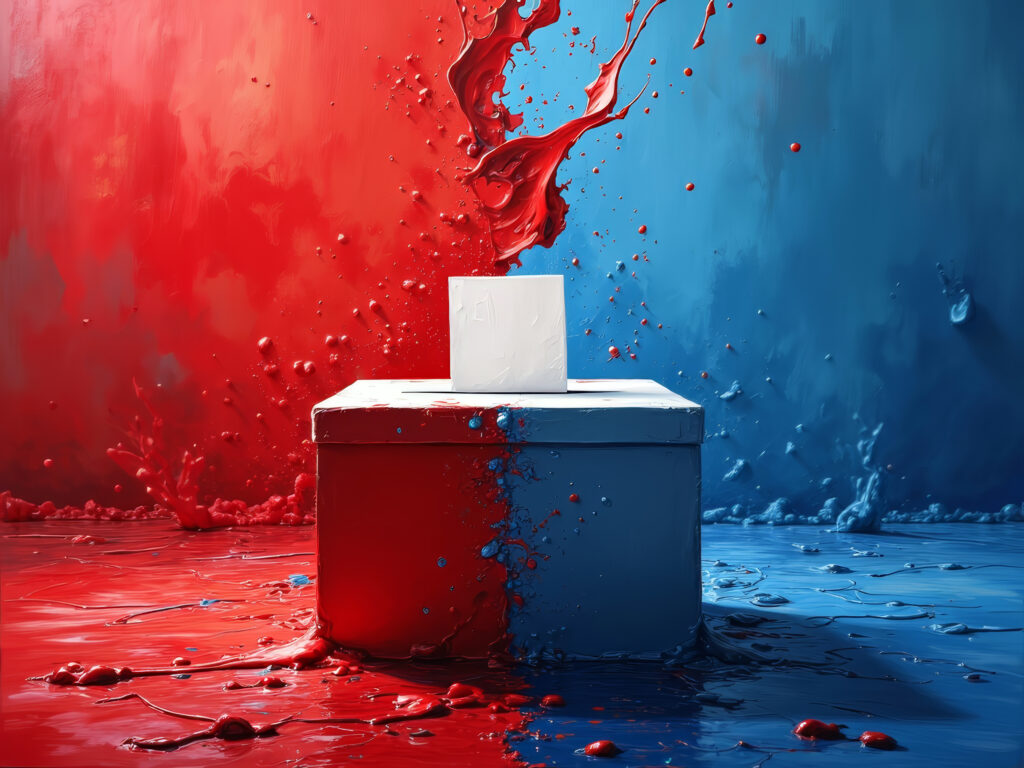 Maddy Davies
November 7, 2024
Maddy Davies
November 7, 2024
I recently wrote a post questioning the accuracy of the pollsters. It appears, once again, they have underestimated Donald Trump.

In a remarkable political comeback that the pollsters failed to accurately capture, Trump defeated Vice President Kamala Harris and reclaimed the White House on Tuesday evening. In North Carolina and Pennsylvania, Trump exceeded his predicted share of the votes by three points. Similarly, although he was expected to lose Michigan and Wisconsin, Trump claimed these swing states comfortably.
On a demographic front, Latino voters saw their support increase by 13 points for Trump, a theme that failed to capture the attention of the pollsters. Similarly, Harris was counting on women and African Americans to boost her numbers. However, they failed to turn out for her in waves as expected. As such, the question on everyone’s mind is: Why was support for Trump so misrepresented… again?
Reporters such as Stephen Pastis at Forbes present a number of theories as to why Trump’s fervent voter base are consistently underrepresented in polls. Firstly, the “Shy Voter Theory” suggests that Trump supporters often misrepresent or conceal their voting plans. Similarly, the “Unified Theory” explains that Trump voters are typically less responsive and engaged regarding surveys. Writing for The Times, Hugh Tomlinson argues that Trump’s supporters are often simply too busy to respond to polls, as James Johnson, co-founder of JLP, explains: “These are blue-collar workers. They’re not hanging around to answer polls.”
Alternatively, John Bowden at The Independent suggests the complications are more systematic. Survey response rates have been falling for decades, with polling firms “increasingly bad at contacting less politically engaged voters.” As such, people who engage are typically the odd ones out and can often skew the results. Due to the limited data, pollsters often weight some participants’ responses to make their sample more closely resemble the general populace, producing less accurate results — a theme we have seen in 2016, 2020, and now 2024 again.
This begs the question: what lessons can be learnt? Although here at Potentia Insight we are not a polling firm, we do present clients with the opportunity to adopt an agnostic data collection approach. By utilising such a method, we hope to help ensure representation and limit the increasing risk of missing key voices within the community. If you’d like to learn more, please get in touch with us here.














